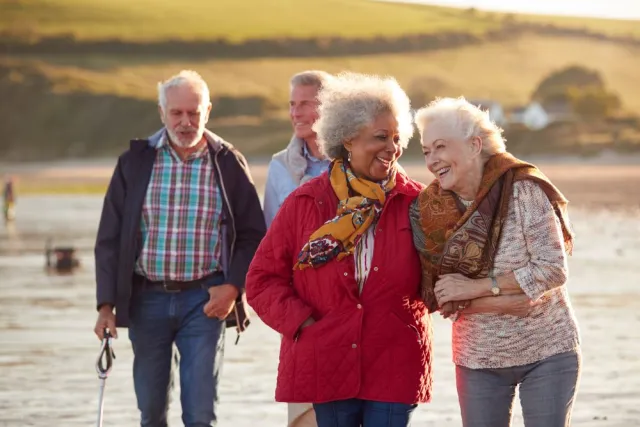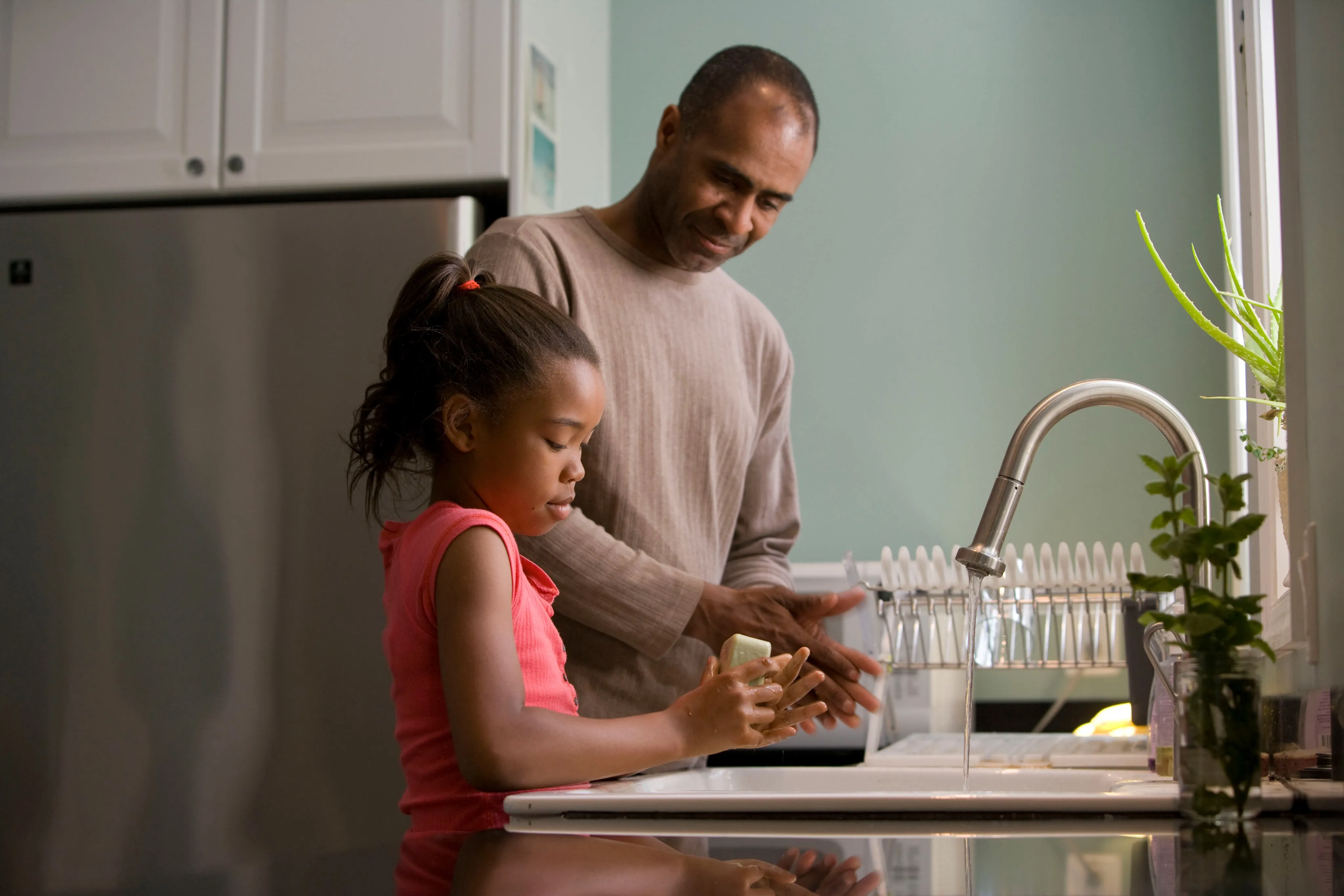Relationships With Family Members and Friends
Table of Contents

People facing cancer often worry about how their family and friends are coping with the changes that cancer often brings into our lives. A cancer diagnosis will almost certainly change the way you relate to your loved ones and the way they relate to you. Remember that these relationship changes can be positive. Many people find that relationships become more meaningful and deeper.
You hope and expect that your family members and friends will be your greatest source of support. But even loving families and well-meaning friends can add to the stress of learning to be a cancer survivor. Sometimes you continue to try to be a protector and caretaker, even when you long for some care for yourself. Cancer survivors often comment that others simply do not understand how draining treatment can be on all levels — physically, psychologically, and emotionally. This is often why people affected by cancer find it difficult to ask for and receive help. Attending support groups, couples workshops, family counseling, educational programs, and religious retreats are very helpful for finding new ways to cope and communicate.
One of the most important things you can do to stay connected to family and friends is to be open and honest in how you are feeling and ask them to do the same. People often don’t know what to say so they may say the wrong thing or nothing at all. Tell them honestly about your diagnosis, how the disease and treatment might be affecting you, and how they can and cannot help you. Let them know if it’s okay to ask you questions or if something they are doing is adding to your stress and anxiety. Be specific about what you need when people offer help.
Your network of support — your relationships at home, at work, and elsewhere — make a difference in your life. These relationships can contribute to feelings of anger, sadness and loneliness; or feelings of comfort, love, and support. There may be some friends or family members that are unable to be a support to you right now because of personal issues or avoidance of the situation. You may need to accept that distance right now and surround yourself with people who do have a supportive influence.

Build Your Online Community
Our free digital support community easily connects you with friends & family and others like you to reduce stress, anxiety, and isolation.
There are times when it can be beneficial for a couple or the whole family to sit down with a cancer counselor to talk about relationship or family issues related to the diagnosis and treatment. Your oncologist, oncology social worker or local community support organization should be able to provide you with a list of qualified professionals in your area. Since there is a generally a charge for private counseling, you may want to check with your insurance company to determine what services and providers are covered under your plan.
Close relationships can be stressful due to:
- The need to switch roles from caring for others to being cared for yourself
- Your wish to protect your children from the fears and stresses of cancer
- Your need for more practical help — and sometimes disappointment with the help you may or may not receive
- For the 5% to 10% of families that have an inherited cancer syndrome, a sense of guilt that you may have passed on a high risk of cancer to your children
Impact on Children
Children understand the world through their parents. How a child reacts depends very much on how the parents or other close adults are dealing with their own feelings. Difficulty in discussing these issues may create distance in relationships that were once close. It is helpful for parents to explain the facts in a way that allows children to understand and participate in what is happening in their lives.

Maria: What Do I Tell the Kids?
Maria discusses her experience with talking to her children about her cancer diagnosis.
Professional Counseling
Professional counseling can provide you, your partner and/or your children with one-to-one time with a mental health professional who is an expert in helping individuals express thoughts, fears, and emotions. A counselor is a person you can talk to about how you’re feeling and work with to find the best coping strategies for you. Professional counseling is another excellent option for getting the support you may need in dealing with the emotional distress caused by cancer and its treatments.
A professional counselor can be a social worker, therapist, psychologist, or other mental health professional. Religious or spiritual counseling can also offer great comfort. The hospital or treatment center where you receive care may provide counseling services. You can also ask the doctor, nurse, or social worker for a referral to a counselor experienced in dealing with the challenges of cancer.
If you feel your child could benefit from individual counseling, check with your pediatrician, school nurse or social worker for a referral to a specialist.
Counseling can help you and your family members:
- Cope better with normal feelings and reactions to cancer.
- Find effective ways to communicate about feelings, emotions and asking for help.
- Address changes in roles and family routines that may result from an illness in the family.
- Relieve some of the emotional side effects of cancer and treatments and help you cope with changes in your physical abilities after treatment.

Talk With an Expert
Our Cancer Support Helpline offers free navigation for cancer patients or their loved ones by phone and online.
